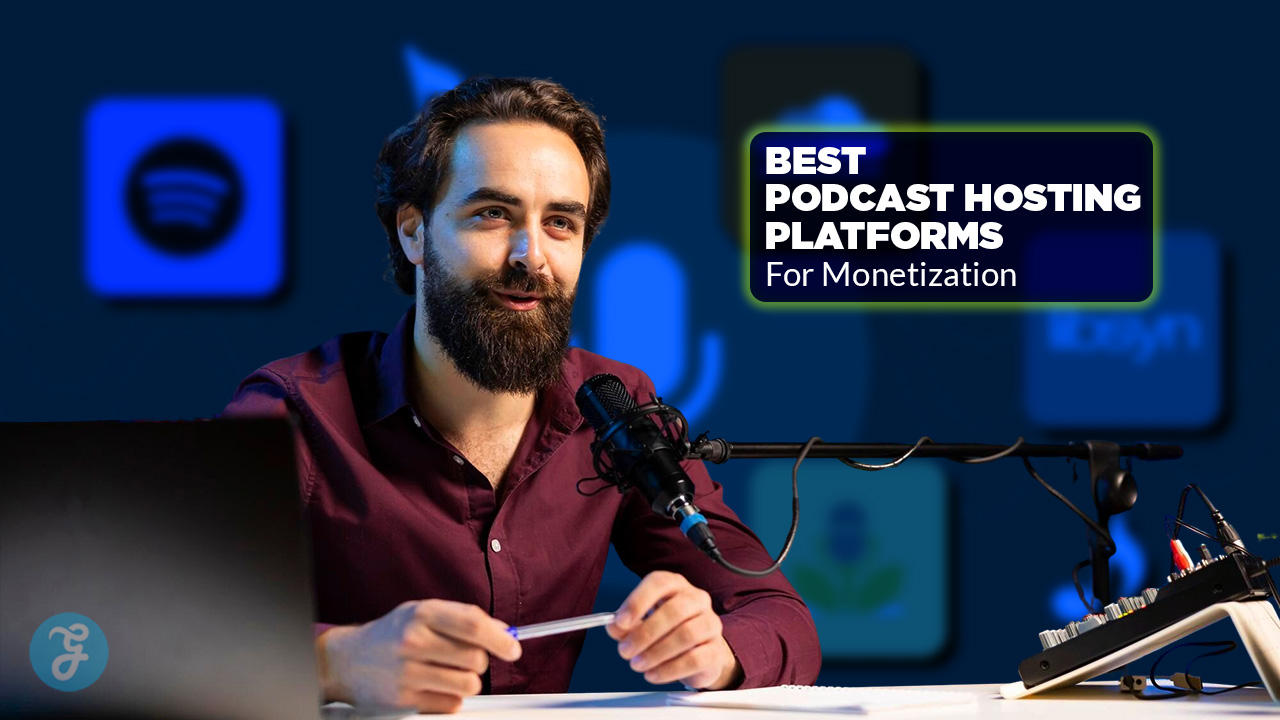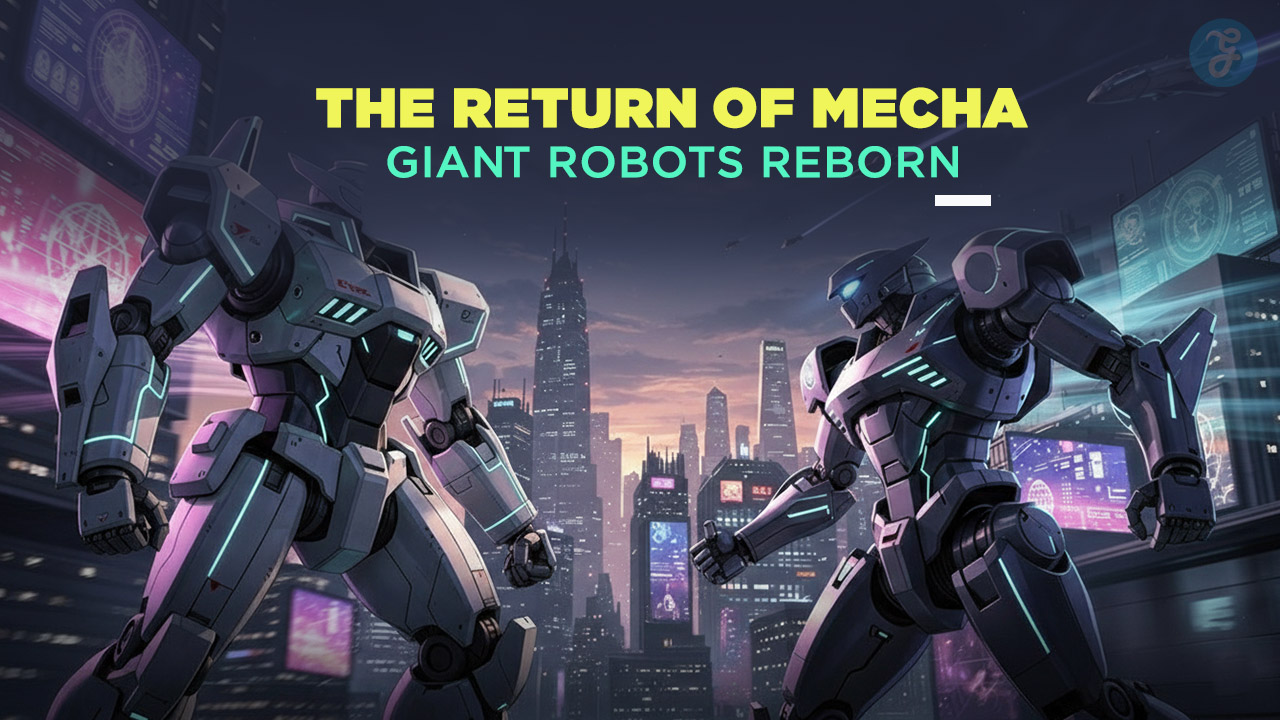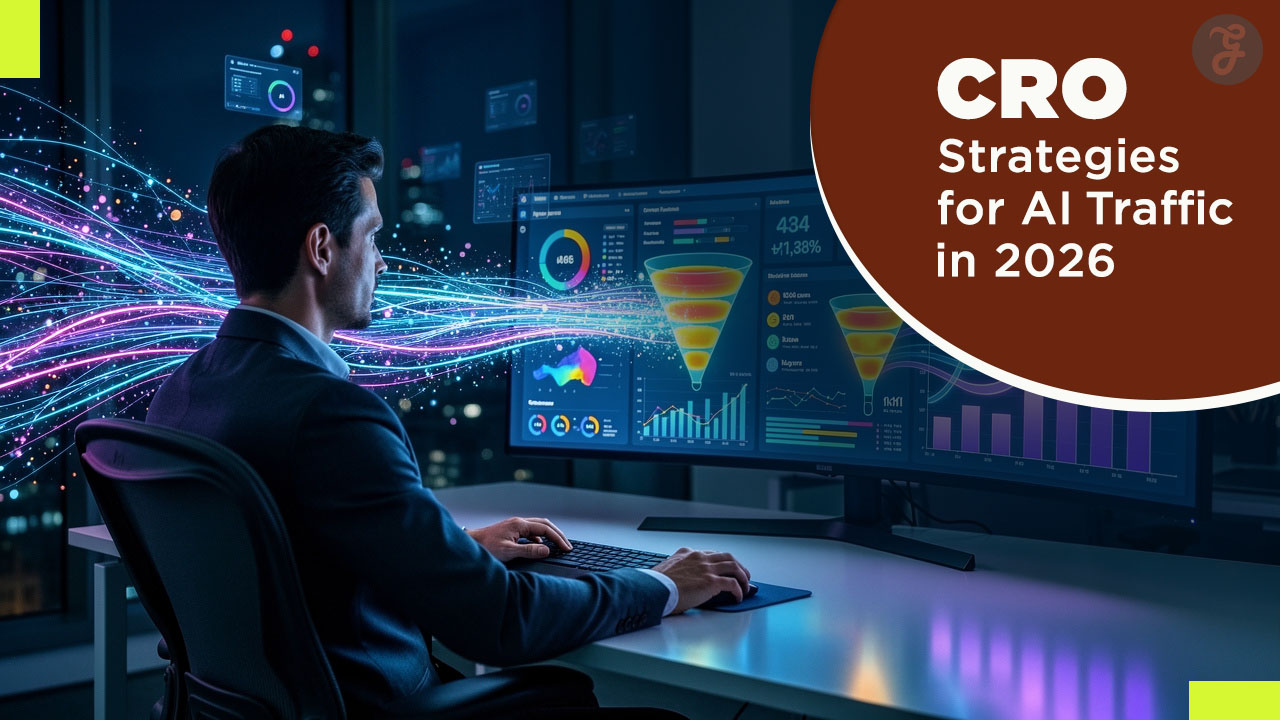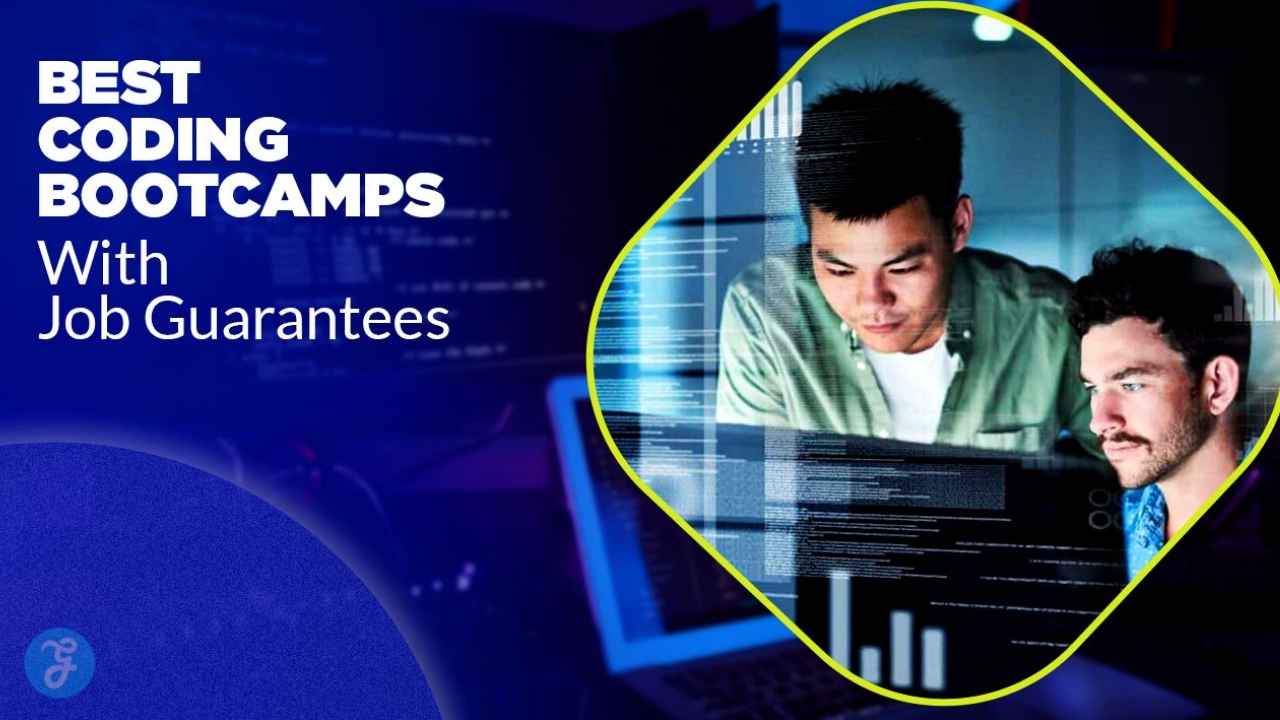OpenAI is reportedly considering giving its CEO, Sam Altman, a 7% equity stake in the company—a decision that represents a significant departure from the company’s original structure and mission. This marks the first time Altman would hold ownership in the company since its founding, signifying a shift in the organization’s approach to leadership compensation and its foundational principles.
Founded in 2015 as a nonprofit research organization with a primary mission to develop artificial intelligence (AI) that benefits humanity, OpenAI has always held a unique position in the tech world. It deliberately chose to operate as a nonprofit, avoiding the typical Silicon Valley model of for-profit ventures where founders hold equity and focus on scaling for profit. However, in 2019, OpenAI launched a for-profit subsidiary, known as OpenAI LP, to attract the massive capital needed for its advanced AI research, especially in areas like GPT, its generative pre-trained transformer models. Despite this, Altman had famously opted not to take any equity at the time, choosing instead to focus on ensuring that the company’s work benefited society at large.
However, this latest move could indicate a significant shift in how the organization rewards its leadership. The decision to grant Altman an equity stake is still under discussion, and it would come as part of a broader restructuring plan where OpenAI could transition to a public benefit corporation (PBC). A public benefit corporation is a legal structure that aims to make a profit while also balancing the need to create a positive impact on society, a goal aligned with OpenAI’s mission of ensuring that artificial general intelligence (AGI) benefits all of humanity.
As of now, no specific timeline has been set for these changes, according to insiders familiar with the matter. One source indicated that while discussions are ongoing, it remains unclear when, or if, the transition will occur. A spokesperson for OpenAI reiterated that the nonprofit component of the company remains integral to its mission and will continue to exist regardless of any restructuring.
A Time of Change Amid Leadership Departures
The discussions about this structural shift come at a time of significant leadership upheaval within OpenAI. Earlier this week, Mira Murati, OpenAI’s highly regarded Chief Technology Officer (CTO), announced her decision to leave the company. Murati has been one of the most influential figures at OpenAI, playing a crucial role in the development of some of its most well-known products, such as ChatGPT, DALL-E, and the recently launched advanced voice mode, which allows users to have real-time conversations with the AI chatbot.
Murati’s sudden departure adds to a growing list of key executive exits, compounding the instability that has gripped the company since the brief firing and subsequent rehiring of Altman last year. The company has seen multiple senior leaders leave in recent months, and the internal structure has been in a state of flux as a result.
In her statement, which she posted on X (formerly Twitter), Murati expressed her gratitude for her time at OpenAI, stating, “I am stepping away because I want to create the time and space to do my own exploration.” This statement, though brief, suggests that Murati may be looking to embark on new ventures, potentially in a different field or within the AI sector itself, where her expertise would be highly valued.
Sam Altman responded to her departure with high praise, saying, “It’s hard to overstate how much Mira has meant to OpenAI, our mission, and to us all personally.” He acknowledged her immense contributions to the company’s success, especially during a pivotal time for AI and OpenAI’s growth. In a company-wide memo, Altman promised to share more information with employees about the transition plans and reiterated that the company remains focused on its long-term goals, despite the changes in leadership.
As of now, Murati is still in talks with OpenAI’s leadership about the specifics of her departure and the timeline for finding her replacement. Although she has not set a concrete exit date, she has emphasized that her primary focus is to ensure a smooth transition, writing in her post, “For now, my primary focus is doing everything in my power to ensure a smooth transition, maintaining the momentum we’ve built.” It is clear that while she is stepping away, she remains deeply invested in ensuring the continued success of OpenAI’s projects.
The For-Profit Shift: Implications for OpenAI’s Future
The discussions about Altman’s equity stake come against the backdrop of OpenAI’s broader transition towards operating as a more traditional for-profit entity. Since the creation of its for-profit subsidiary in 2019, OpenAI has attracted billions of dollars in investments, most notably from Microsoft, which has invested heavily in OpenAI’s research and product development. The company is now reportedly raising another $6.5 billion, which would bring its valuation to a staggering $150 billion, positioning OpenAI as one of the most valuable startups in the world.
This fundraising effort is crucial for OpenAI’s ambitious goals, including the continued development of artificial general intelligence (AGI), a form of AI that could perform any intellectual task that a human being can do. AGI is considered the “holy grail” of AI research, but it requires immense resources and technological advancements. OpenAI’s ability to attract investment on this scale highlights the growing demand for AI technologies and the company’s position at the forefront of this rapidly evolving industry.
The potential restructuring of OpenAI into a public benefit corporation would allow it to continue its pursuit of profit while maintaining its commitment to ensuring that AGI and other AI technologies are developed responsibly and used for the benefit of humanity. For Altman, who has often spoken about the societal implications of AI, this move could help balance the tension between OpenAI’s mission-driven origins and the commercial realities of developing cutting-edge AI models.
Altman has previously stated that he did not take equity in OpenAI because he believed it was important to align the company’s goals with its mission to benefit humanity, and that he already had sufficient personal wealth. However, in some interviews, he has also expressed mild regret about this decision, stating that it might have been easier to avoid questions about his lack of equity had he simply accepted it in the first place. Reuters first reported on the company’s plans to give Altman equity as part of its restructuring.
Mira Murati’s Legacy and Influence at OpenAI
Mira Murati’s departure is particularly significant given her role in shepherding some of OpenAI’s most successful and high-profile projects. A Dartmouth-educated engineer of Albanian descent, Murati was instrumental in the development and launch of ChatGPT, a product that has become a household name since its release. She also played a leading role in the development of DALL-E, OpenAI’s image generation software, which allows users to create images from text prompts, showcasing the creative potential of AI technologies.
Additionally, Murati was involved in OpenAI’s development of advanced voice mode, which allows users to interact with ChatGPT in real-time, providing a more dynamic and interactive experience. These innovations have positioned OpenAI as a leader in AI development, and Murati’s departure leaves a significant void in the company’s leadership team.
Her influence extended beyond just technical contributions. After Altman’s sudden firing last year, Murati briefly served as interim CEO, a role in which she gained a higher profile both within the company and in the broader tech community. She quickly joined other executives in pushing for Altman’s reinstatement, signaling her support for his leadership and vision for the company.
Despite her significant contributions, Murati faced some criticism earlier this year when, during an interview with the Wall Street Journal, she was unable to confirm whether OpenAI’s text-to-video generator, Sora, had been trained using user-generated videos from platforms like YouTube, Facebook, and Instagram. This raised concerns about the legality of using such content, with YouTube’s CEO, Neal Mohan, later stating that such use would violate the platform’s terms of service.
Ongoing Leadership Challenges and Changes
Murati’s departure is just the latest in a series of high-profile exits from OpenAI’s leadership team. Earlier this year, Chief Scientist Ilya Sutskever left the company, followed by Greg Brockman, a co-founder, who announced in August that he would take a leave of absence until the end of 2024. John Schulman, a key researcher, also left OpenAI to join its rival, Anthropic. With these departures, only two members of OpenAI’s original founding team remain: Sam Altman and Wojciech Zaremba.
Altman, in his memo to employees, acknowledged the ongoing leadership changes, stating that such transitions are a natural part of any fast-growing company, though he admitted that the abruptness of the recent departures felt unusual. Despite these challenges, Altman expressed optimism about OpenAI’s future and its ability to continue delivering breakthrough AI technologies.
Altman also announced additional leadership changes, including the departure of Chief Research Officer Bob McGrew and Vice President of Research Barret Zoph. In his statement, Zoph described his decision to leave as “very difficult” but said he was excited to explore new opportunities outside the company. Altman, meanwhile, named six existing employees who will now report directly to him, including Matt Knight, who will serve as OpenAI’s new Chief Information Security Officer.
Looking ahead, Altman stated that he plans to refocus his attention on the technical and product aspects of OpenAI, after spending much of the past year dealing with organizational and management challenges. He also indicated that there would be an all-hands meeting to address employee concerns and provide more details about the company’s future direction.
OpenAI’s Future: Growth and Uncertainty
OpenAI’s rapid growth over the past few years has made it one of the most influential companies in the AI space. However, the recent leadership transitions, combined with the company’s ongoing discussions about restructuring and granting equity to Altman, signal that OpenAI is entering a new phase in its development.
As OpenAI continues to push the boundaries of what AI can achieve, its ability to retain top talent and maintain its mission-driven focus will be critical to its success. The decisions made in the coming months—both in terms of leadership and corporate structure—will likely have a lasting impact on the company and the future of AI.





































